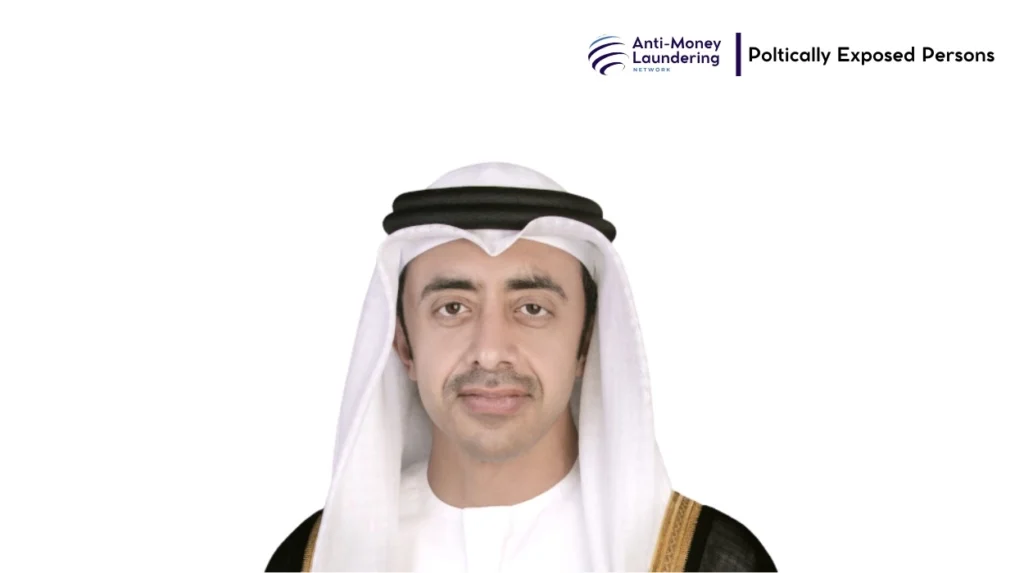Sheikh Abdullah bin Zayed Al Nahyan, a senior UAE official and scion of the ruling family, epitomizes the contradictions of a regime that promotes regional diplomacy while sustaining a political system rife with elite impunity. His key roles in state institutions tasked with combating financial crimes contrast sharply with the persistent opacity and lack of accountability in the UAE’s governance, raising serious concerns about enabling the concealment of illicit wealth and abuse of power. This fusion of diplomatic influence and systemic shielding of elites underscores the challenges of transparency and justice in the Gulf’s most powerful state.
Sheikh Abdullah bin Zayed Al Nahyan is a senior UAE political figure holding multiple high-level roles, including Minister of Foreign Affairs and Deputy Prime Minister, with significant influence over state financial and development institutions. While no direct, verified allegations or legal findings publicly connect him to specific money laundering or financial misconduct cases, the opaque and elite-dominated UAE political system he operates within is widely criticized for enabling impunity and shielding ruling family members from accountability. The strategic nature of his roles in overseeing national AML strategies juxtaposed with the UAE’s systemic AML enforcement challenges presents a critical paradox. This suggests a conflation of power and influence that can facilitate illicit wealth concealment, even if personal wrongdoing has not been exposed publicly. As such, Sheikh Abdullah bin Zayed is a politically exposed person whose position and environment pose enhanced risks for financial crime, demanding enhanced scrutiny and transparency measures internationally.

